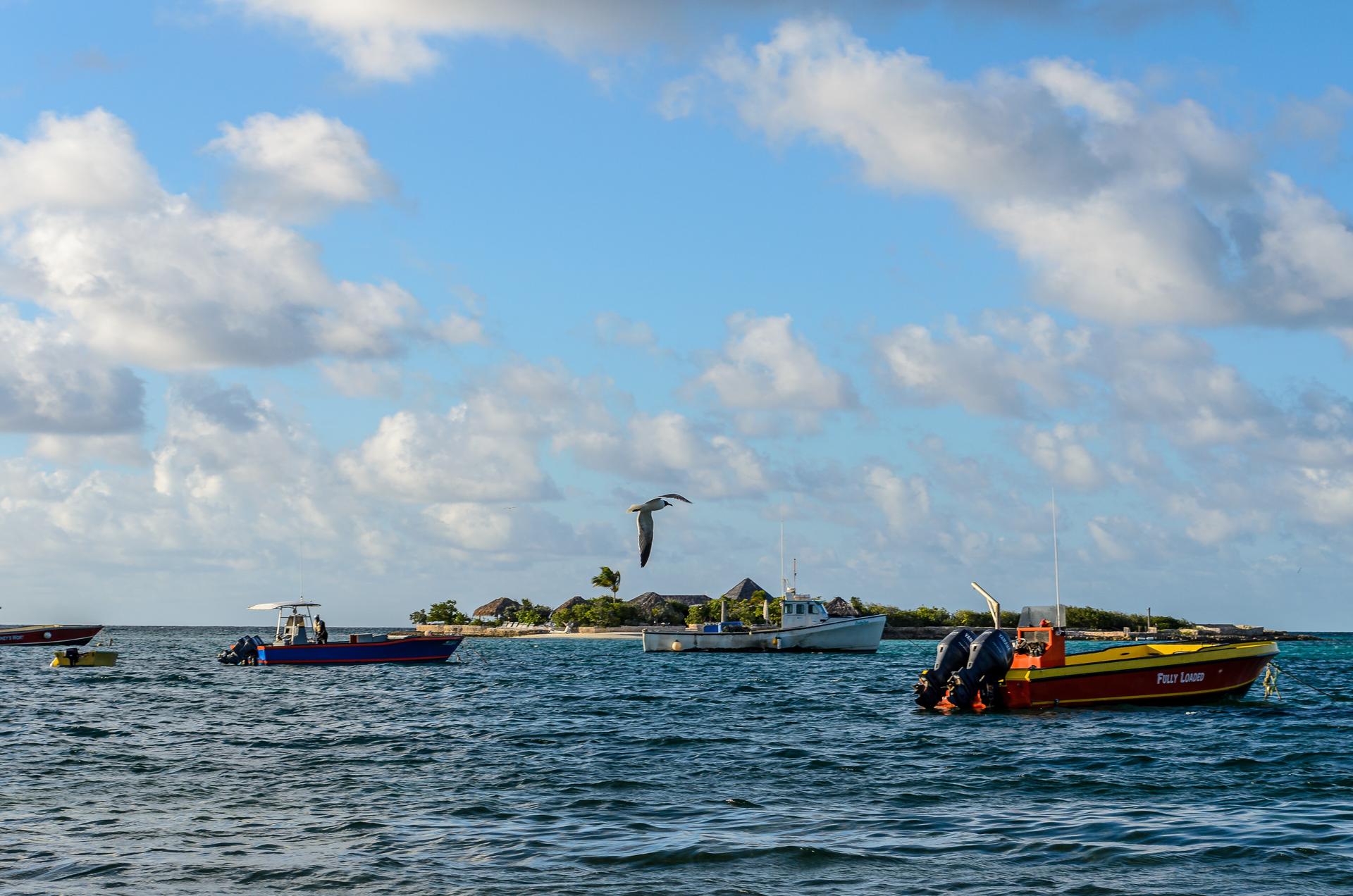Anguilla🇦🇮

Anguilla, a British overseas territory, is located in the Caribbean, specifically in the Lesser Antilles. Anguilla is known for its lush and beautiful landscapes with pristine white sandy beaches, luxury resorts, and charming local villages. An interesting aspect of Anguilla is its traditional boat racing events, indigenous folklore, and cultural festivals, such as the Summer Festival. Its most significant landmarks include the Wallblake House, the Heritage Collection Museum and Sandy Island. One of the unique things to do in Anguilla is to explore its underwater caves, swim with dolphins or enjoy its vibrant nightlife.
⚠️Things you should avoid⚠️
- Avoid swimming in rough seas as the currents could be strong.
- Avoid secluded areas and stick to tourist-friendly locales.
- Avoid going out late at night, especially if alone.
- Avoid walking barefoot on beaches to avoid injuries from sharp shells or coral.
- Avoid not using sunscreen due to strong Caribbean sun.
- Avoid any involvement in drugs or illegal substances.
- Avoid disrespecting local customs and traditions.
- Avoid leaving belongings unattended as petty thefts may happen.
- Avoid wildlife unless you are in a safe and controlled environment.
- Avoid getting too close to the edge of high cliffs.
Overall
8
Crime 🔫
8
Anguilla generally has a relatively low crime rate especially in comparison with other Caribbean countries. The most prevalent issues tend to be minor thefts especially targeted at tourists. Major crimes are infrequent, but precautions should still be taken, especially at night and in secluded areas.
Terrorism 💣
9
There haven't been any significant incidents of terrorism in Anguilla. The country has maintained a peaceful environment and hasn't been a target for terrorist activities. However, it is important to stay informed about the current global situations.
War ⚔️
10
Anguilla has not been involved in any war or major political conflicts in recent history. The overall situation in the country is peaceful and has been stable for many years.
Natural Disasters 🌊
6
Anguilla is susceptible to hurricanes and earthquakes, but they are relatively rare. One significant event was Hurricane Irma, which struck in 2017 causing extensive damages.
Medical Care 🏥
7
Medical facilities in Anguilla are competent for general treatment but lack facilities for the treatment of serious illnesses or emergencies. More complex treatments would require evacuation to a larger country.
Tap Water Quality 💧
7
The tap water in Anguilla is generally safe to drink, but it may have a different taste due to different water treatment processes. It is recommended to use bottled water for drinking.
Disease Burden 🤒
8
The disease burden in Anguilla is generally low. and there have been no significant outbreaks. However, typical precautions against mosquito-borne diseases are recommended.
Corruption 💸
8
Corruption in Anguilla is relatively low in comparison to other countries, the government practices transparency, and has been making efforts to ensure a corruption-free system.
Safety for Women ♀️
8
Anguilla is generally considered safe for women. However, standard precautions should still be taken especially for solo female travelers.
Safety for Queer People 👬
7
While Anguilla does not have any specific laws against LGBTQ+ rights, the local culture could be more traditional and less accepting in comparison to other Western countries.
Censorship 📺
8
There is no significant censorship or restrictions on freedom of speech in Anguilla. The media operates freely and criticism of the government is tolerated.
Public Transportation 🚌
6
There are little to no public transportation options in Anguilla. Car rentals are the typically used means of transportation, and are usually safe.
Other useful information
🔒 How safe is it?
Anguilla is generally considered safe for travelers. Nevertheless, standard precautions should be taken, such as being cautious of petty thefts and avoiding dangerous areas.
🏰 Embassies in this Country
Being a British overseas territory, many countries do not have an embassy in Anguilla, and instead represent their interests from other countries in the Caribbean region.
💉 Recommended Vaccinations
The routine vaccinations like measles, mumps, rubella (MMR), DPT, chickenpox, polio, and yearly flu shots are recommended. Also, Hepatitis A and Typhoid are recommended.
🐍 Dangerous Animals
Most animals in Anguilla are not dangerous, but be careful when encountering wildlife, especially marine animals like stingrays, jellyfish, and sea urchins.
🛂 Visa Requirements
Most nationalities can stay visa-free for up to 3 months, but it is always best to check with your respective embassy.
💲 Currency
The official currency of Anguilla is the Eastern Caribbean Dollar (XCD). It is better to have a combination of cash and credit cards.
💳 Credit Card Acceptance
Credit cards are widely accepted in most hotels, restaurants and tourist-centric locations. However, small, local businesses may only accept cash.
🧑🏭 Is it possible to work and travel in this country?
Foreigners would require work permits to work in Anguilla, but opportunities are limited due to the small size of the island. Volunteering or working remotely are popular.
💵 Cost of Travel and Living
The cost of travel and living is on the higher side due to its remote and luxurious nature especially during the peak season.